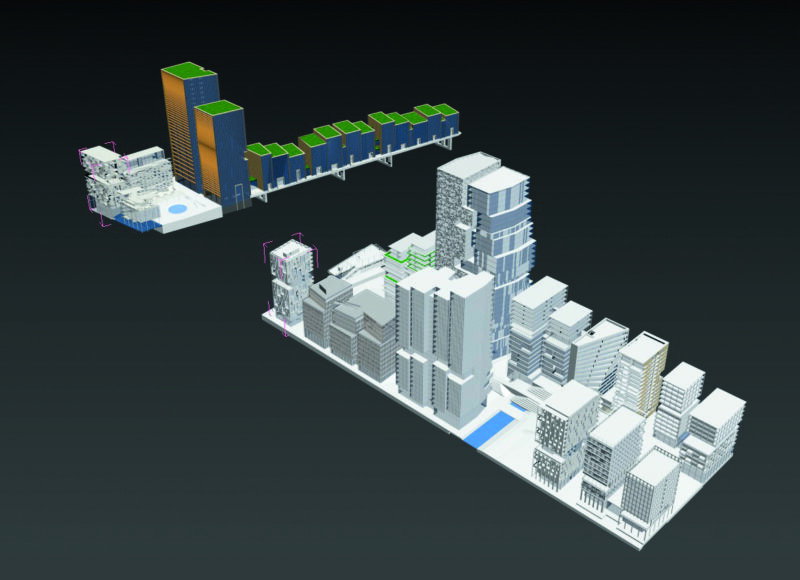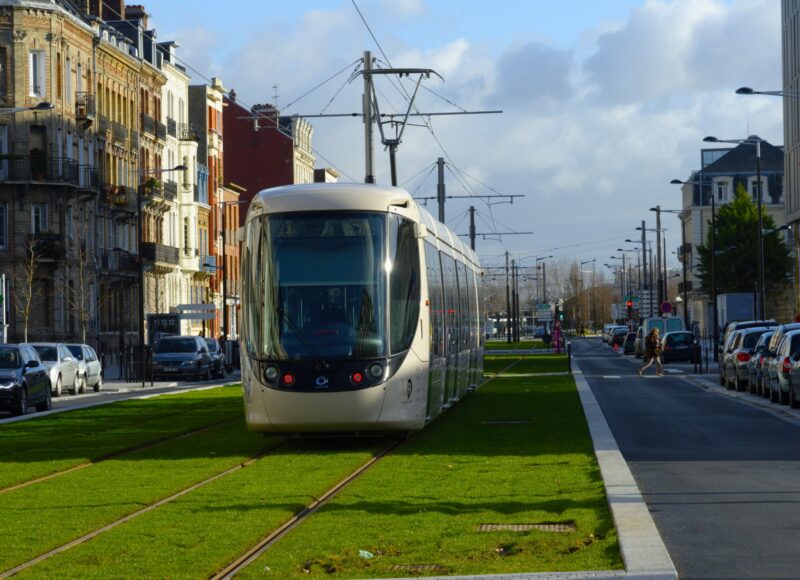Fabien LeurentProfessor and Research Director
École nationale des ponts et chaussées
LVMT
LVMT
Fabien Leurent is a professor at the école nationale des ponts et chaussées with an accreditation to supervise research at the Laboratoire Ville Mobilité Transport, which he co-founded. He models mobility and territories as complex systems linking supply (housing, transport) and demand (individuals, households). He develops statistical models to exploit empirical observations and simulation models, and to evaluate the socioeconomic and environmental impacts. He leads the ENPC-IDFM chair on territorial mobility. He conducts research projects in partnership with Renault, RATP, SNCF, and the energy transition institutes Védécom and Efficacity.
The environmental performance of mobility systems is linked to energy consumption, emissions of pollutants and greenhouse gases and the effects of disruption and fragmentation of natural habitats due to the construction
Learn more
Scientific publications
Preprints, Working Papers, ...
Commuting Patterns and Emissions in Paris-Île-de-France: A Comparative Study of Interregional and Intraregional Travel
2025
Read more
Preprints, Working Papers, ...
On the ratios of urban mobility, Part2: Is street space a scarce resource for urban transportation? Physical model and a tale of five cities in France, Sur les ratios de la mobilité urbaine, partie 2: L'espace viaire est-il une ressource rare ? Un modèle physique et son application à cinq villes en France
2024
Read more
Preprints, Working Papers, ...
What are the physical and economic laws of ride-sharing under line shape? A techno-economic model featuring Waiting policies, Traffic equilibrium and Pricing strategies
2024
Read more
Preprints, Working Papers, ...
Quelles cellules spatiales pour contenir la population et gérer la mobilité ? Hiérarchie urbaine, influences métropolitaines et zones d’organisation de la mobilité dans la France de 2020, Which spatial cells contain people and manage mobility? Urban hierarchy, metropolitan attractions and mobility organization zones in 2020 mainland France
2024
Read more
Preprints, Working Papers, ...
Line Ride-Sharing as a bi-sided mobility service with price schedule, transactional protocol and waiting policy: a logit traffic assignment model and its equilibrium
2024
Read more
Preprints, Working Papers, ...
Line Ride-Sharing as a bi-sided mobility service with price schedule, transactional protocol and waiting policy: a Time&Money traffic assignment model and its equilibrium
2024
Read more
Projects
The trips generated by a neighbourhood are quantified and characterised using models for forecasting transport demand. The environmental impacts associated with these trips are then estimated using an LCA-type approach
Learn more
With the growing spread of GPS devices, floating car data can be exploited to explore mobility behaviour at the individual level of the traveller's choices and at the more general level of relationships between places in
Learn more
Simulating the daily activities and mobility of people who live in or pass through a neighbourhood makes it possible to better anticipate the economic, social and environmental impacts.
Learn more
Tools
This model for filling parking lots in a territory, assesses the spatial extent of saturation, delays for users and excess environmental impacts.
Learn more
This simulation model of mobility scenarios on the metropolitan scale assesses the economic, social and environmental impact of different transport policies. This includes pricing measures and changes to the mobility
Learn more
Pilot site
A development project in the Les Lumières Pleyel neighbourhood in Saint-Denis (93) is the testing ground for research work by MINES ParisTech and École des Ponts ParisTech.
Learn more
Practitioner groups
L'analyse de la mobilité à partir de traces numériques permet de mieux connaître le déplacement des individus. Des nouvelles formes de données, ainsi que des méthodes d'intelligence artificielle, peuvent
Learn more
Research work on mobility at the neighbourhood level focuses on the development of environmental impact assessment methods that make it possible to better plan the offer of mobility services in the broad sense
Learn more
- About
- Research areas
- Scientific publications
- Projects
- Tools
- Pilot sites
- Practitioner groups






